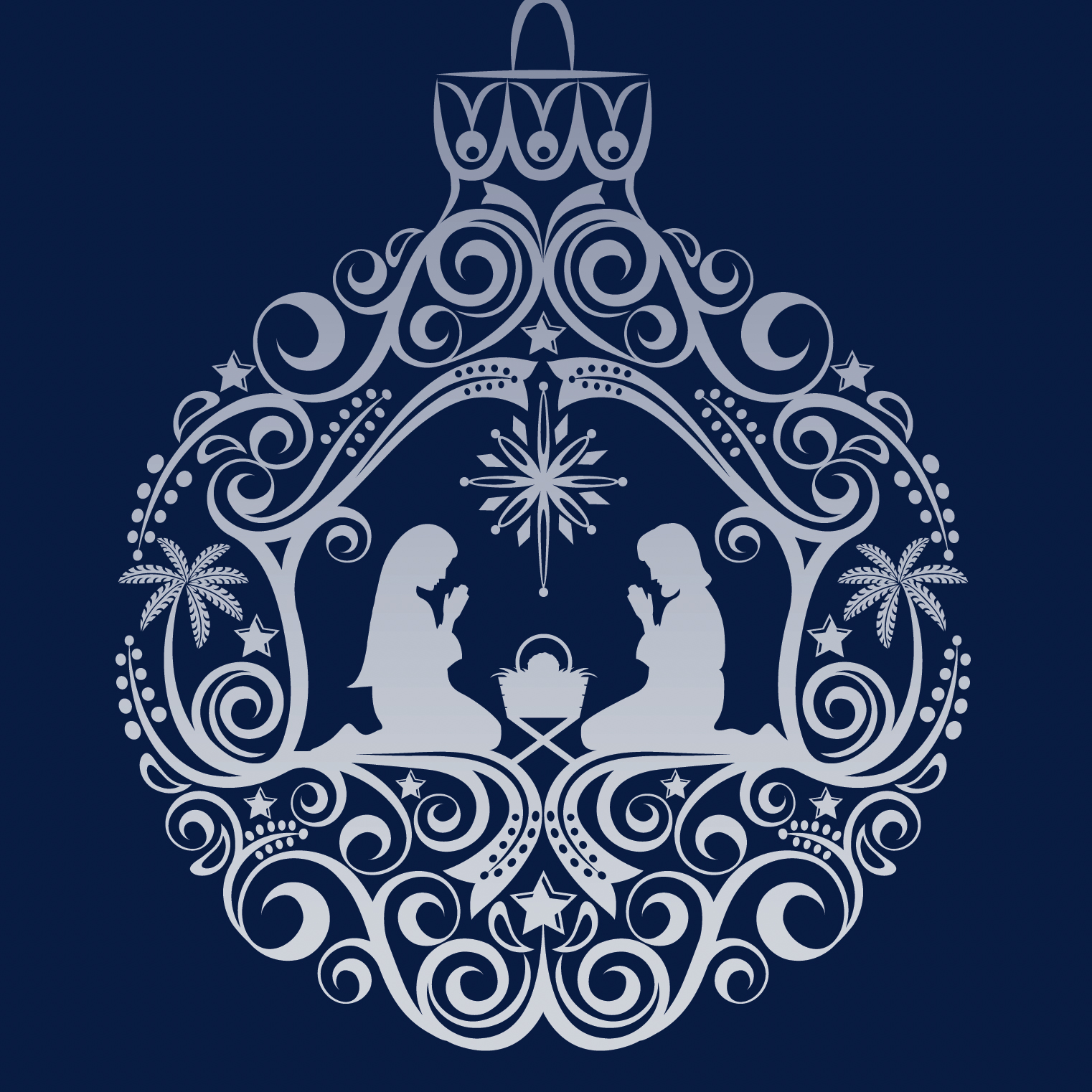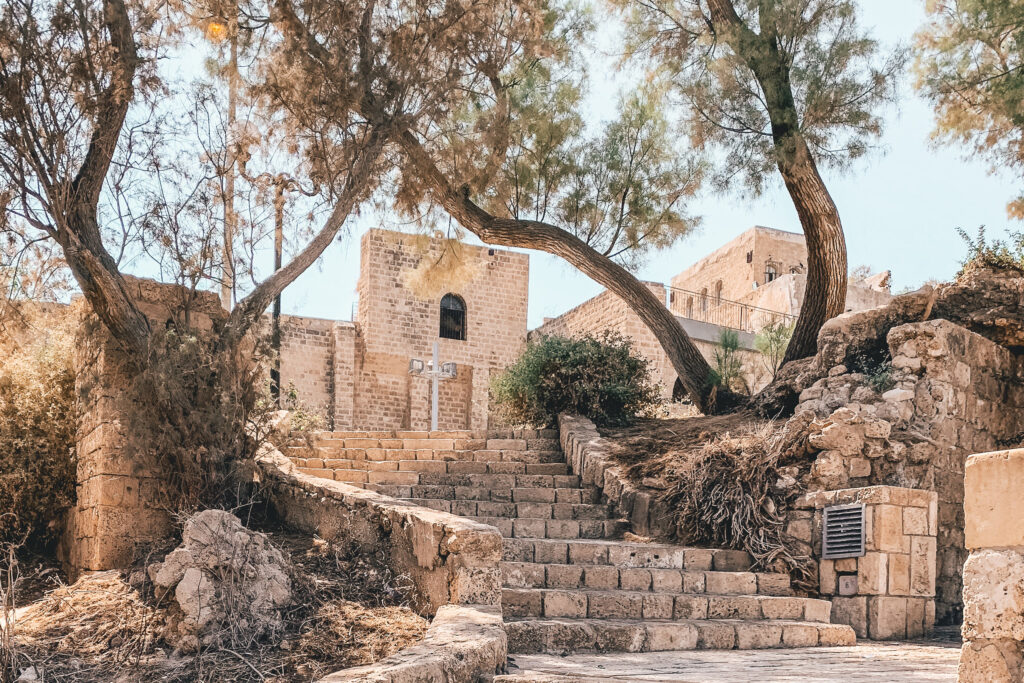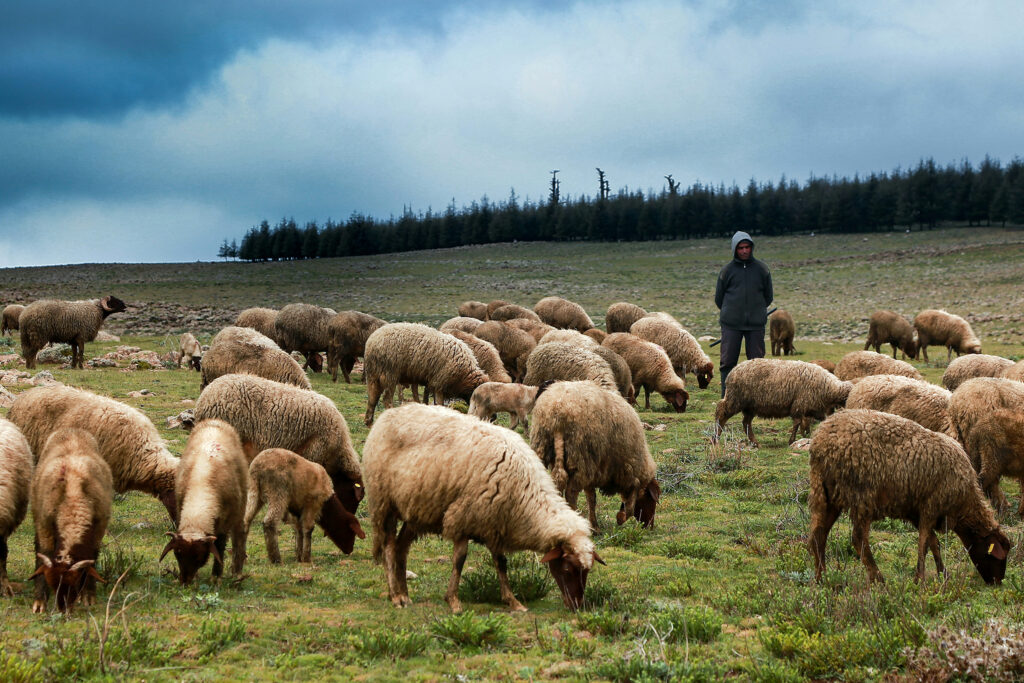Colorful Christmas cards and triumphant carols transport imaginations to the land of Jesus’ birth: “O little town of Bethlehem,” “Jerusalem, sing for the night is o’er,” “Emmanuel shall come to thee, O Israel!”
Meanwhile, in Israel, Christmas passes as just a normal day.
Walking through the streets of modern Jerusalem, I’ve rarely seen any holiday decorations or recognition of Christmas at all. On December 25, Israelis bundle up for the cool weather carried in by the rainy season and travel to work and school as usual.
The city of Bethlehem sits just to the south of Jerusalem, over the rocky Judean hills beginning to turn green. As the site of Jesus’ birth, Bethlehem remains popular with Christian tourists, and the minority Christian populations in both Bethlehem and Nazareth hold a carnival-like celebration of Christmas for tourists, including processions and mass led by Catholic, Eastern Orthodox, and Armenian priests. But these celebrations are remote and cut off from modern life in Israel—with Bethlehem lying across the West Bank separation wall under the control of the Palestinian Authority and off-limits to Israeli citizens. Among Israel’s two-percent Christian population, the majority are Arab Catholics or Eastern Orthodox. Only 0.6 percent of Israel’s population is evangelical, which means that the land of Jesus’ birth is largely untouched by the biblical gospel.
The Jewish population of Israel has historically rejected Christian influence—including holidays like Christmas—due to centuries of atrocities committed against the Jewish people by those claiming beliefs under the broad umbrella of Christianity. They shun Christmas decorations, citing biblical prohibitions in Jeremiah 10 against decorating trees as idols. Messianic Jewish believers often seek to distinguish themselves from other Christians at Christmas, maintaining that Jesus was likely not born in December but rather around the time of Sukkot (the Feast of Booths) in the fall or Passover in the spring.
But regardless of the time of Jesus’ birth or the opposition of the culture around us, we cannot lose sight of the fact that Jesus was born—and this is a cause for “tidings of great joy”! God the Father sent his dearly-beloved Son out of his glorious heaven to dwell among sinful people on earth. For three decades, he lived among those he had created, sharing our joys, pains, and sorrows, before taking upon himself the full weight of our sin to redeem us.
The quiet of Christmas in Israel today reminds me of how it was that first Christmas. Like many in modern Israel, many in Jesus’ day were waiting for a Messiah. Four hundred years had passed since the last prophet had risen to proclaim the word of the Lord. In that time, the Jewish people had cast off Seleucid Greek rule and finally established Jewish autonomy in their own nation, only to be subjugated again to Roman domination. They faced oppression and brutal political violence. And in the darkness, many turned to the scrolls of the prophets, waiting for their promised deliverance.
Simeon was one of the faithful who spent his life waiting for that hope. Luke writes that Simeon was “righteous and devout, waiting for the consolation of Israel” (Luke 2:25). Simeon’s words echoed the prophecies he knew from Isaiah, and the Holy Spirit was upon him, revealing that “he would not see death before he had seen the Lord’s Christ” (2:26).
Likewise, an elderly widow named Anna also awaited the Messiah. She had devoted herself to God since her husband’s death many years before, “worshiping with fasting and prayer night and day” in the temple (2:37).
After many long years of worshiping and waiting for God to fulfill his promise, one day Simeon and Anna witnessed Joseph and Mary bringing Jesus into the temple to offer a purification sacrifice after his birth. They immediately began praising God. Although they recognized their Messiah, Simeon prophesied that many would not. Jesus would be opposed, and many would “fall and rise” because of him (2:34)—evoking Isaiah’s prophecy that he would be a stone that causes men to stumble (Isaiah 8:14), but for others, “a precious cornerstone of a sure foundation” (Isaiah 28:16).
Men and women respond to Jesus the same way today. Some in Israel have accepted him, and some have rejected him—but many have never heard the truth about him. And so, like Simeon and Anna, we must speak of him to those who are “waiting for the redemption of Jerusalem” (Luke 2:38).
And on Christmas, this quiet, often lonely day, we celebrate. We join with other internationals, local believers, and anyone interested to share a meal and praise God for providing for our salvation.
This year, may we declare with Simeon:
For my eyes have seen your salvation
that you have prepared in the presence of all peoples,
a light for revelation to the Gentiles,
and for glory to your people Israel. (Luke 2:30-32)

This Advent season, learn how God is working around the world to bring the hope of Jesus to those who have never experienced him before. Download our free new resource, Give Joy to the World: An Advent Devotional from the Mission Field, for you and your family to enjoy this Christmas.




